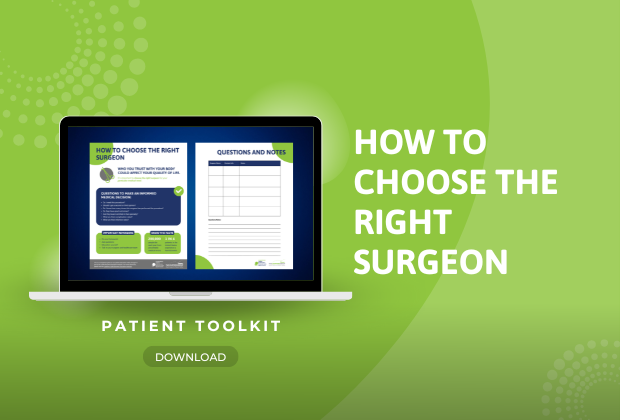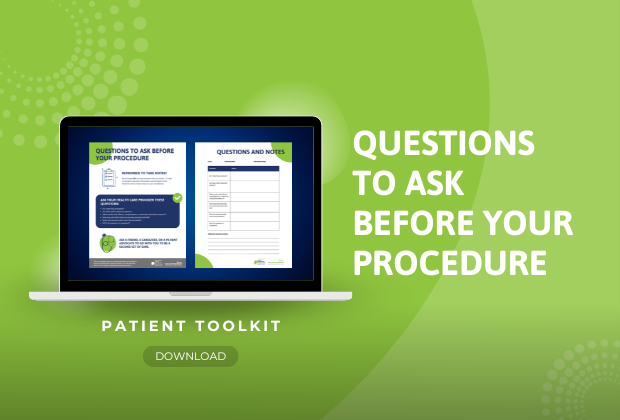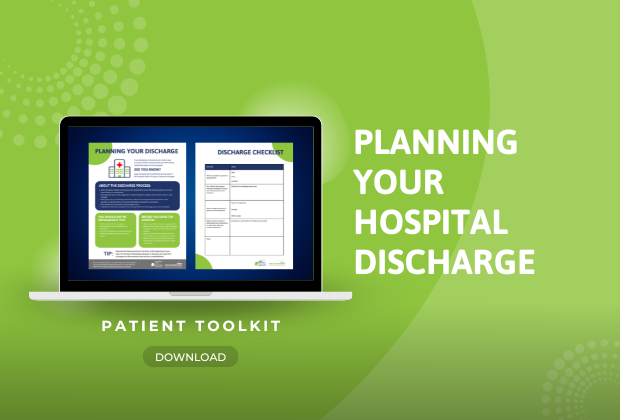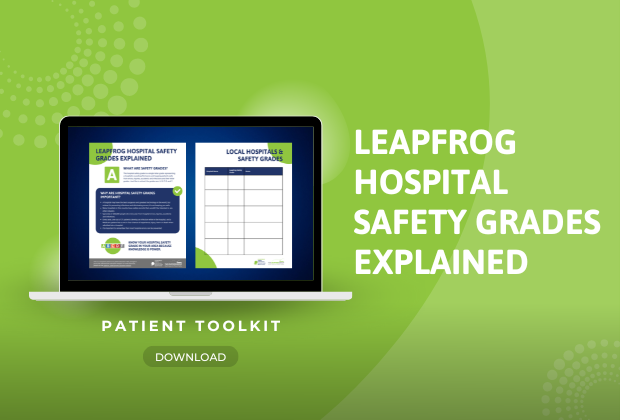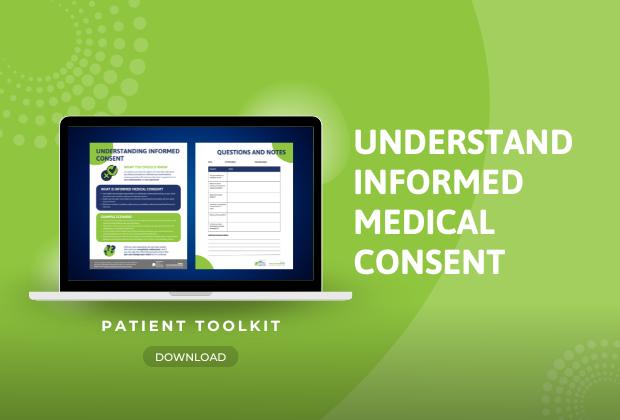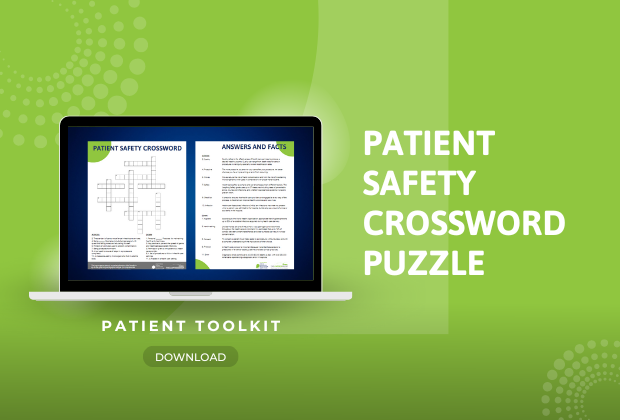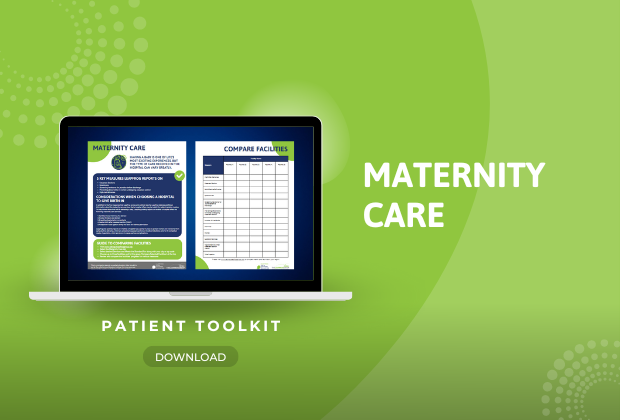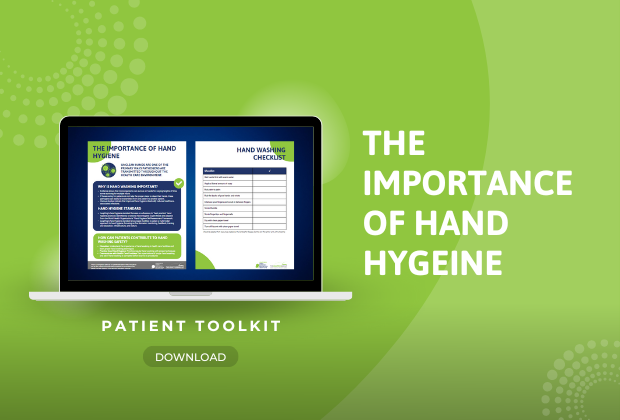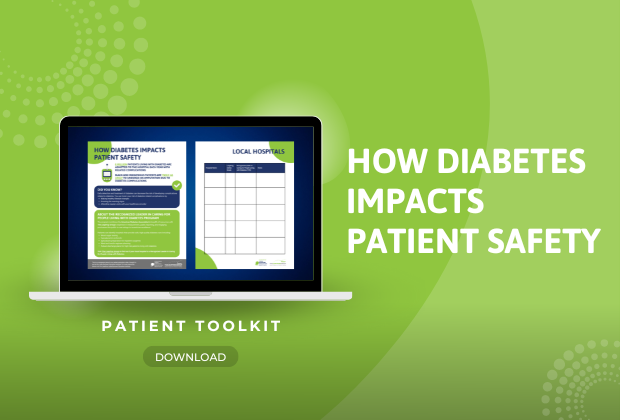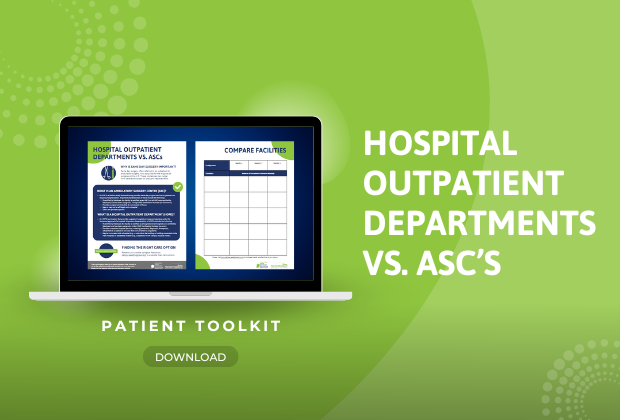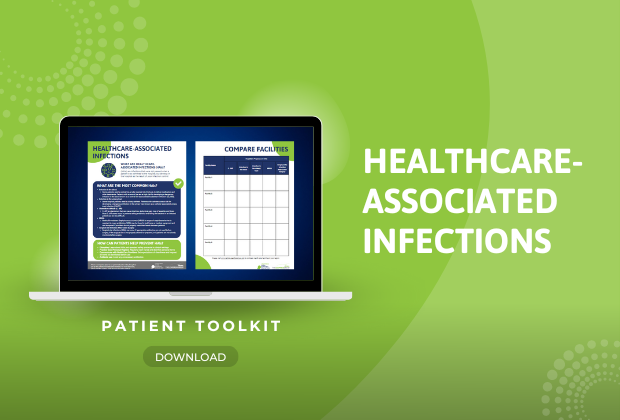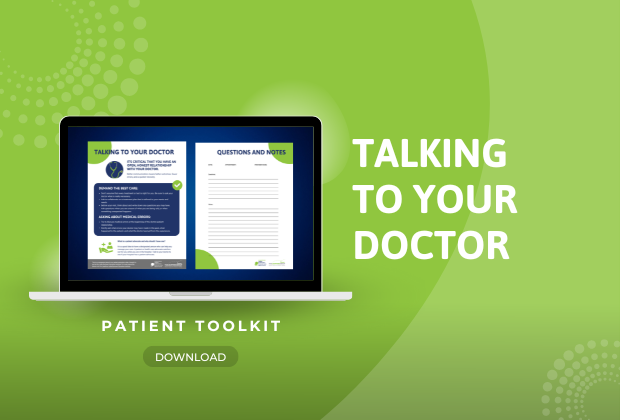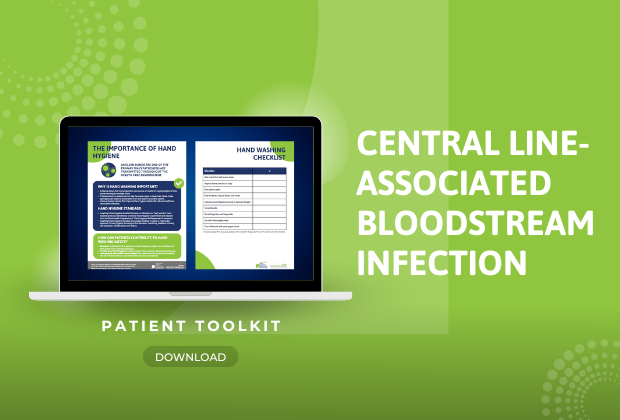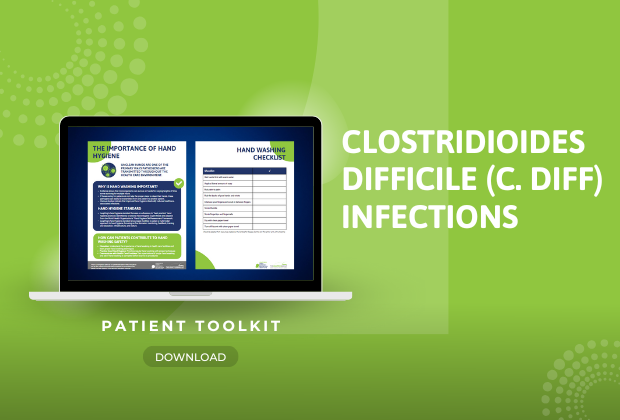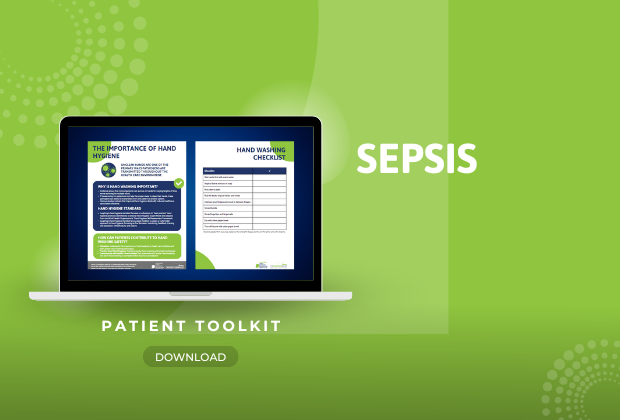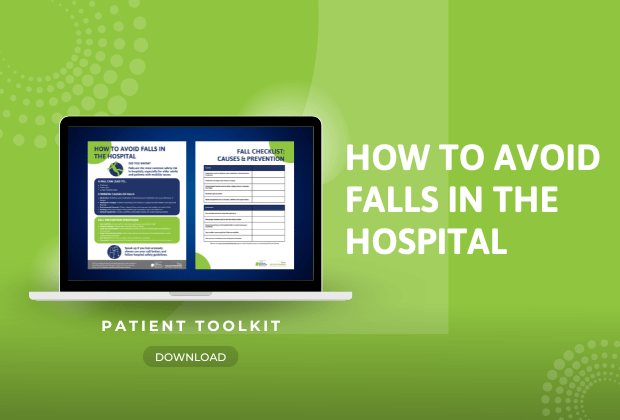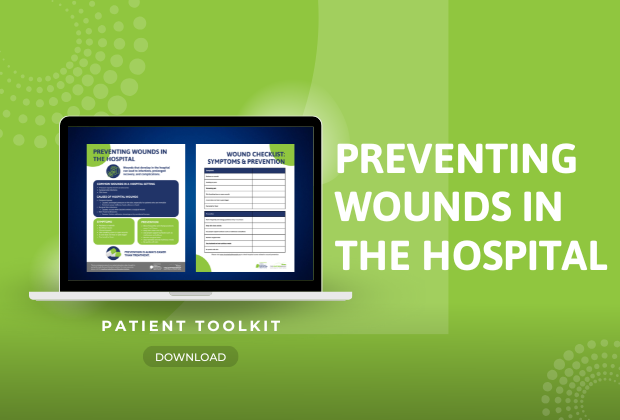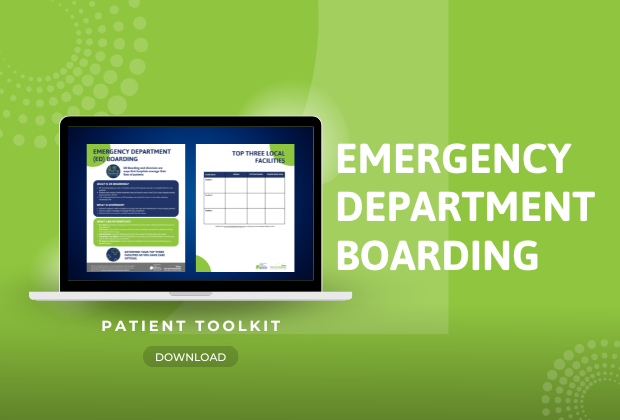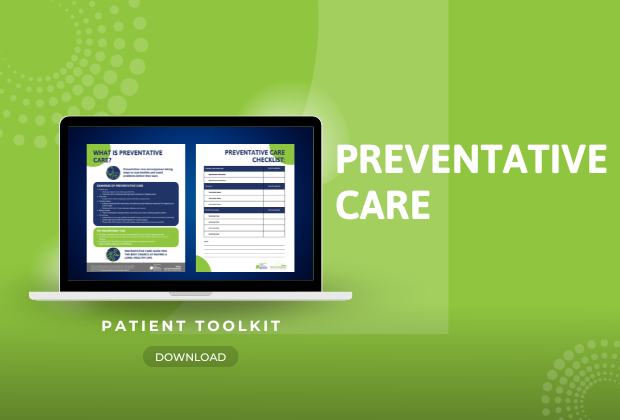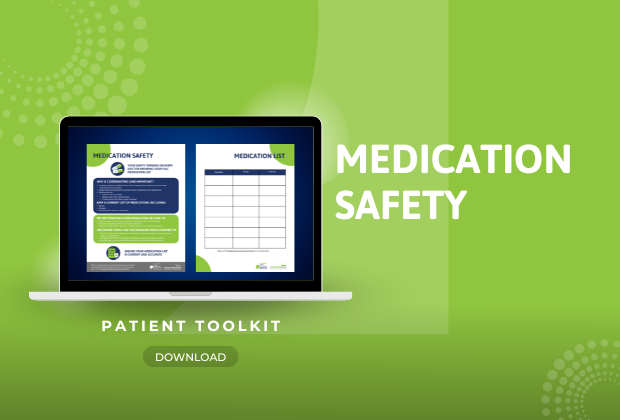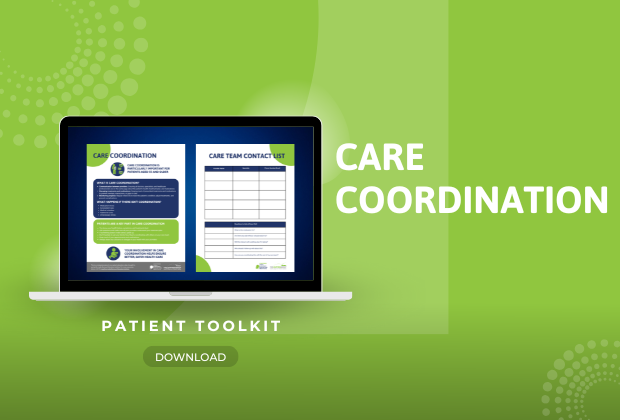Even an excellent surgeon may not be the right fit for your particular medical needs. Discover essential questions to ask to make a well-informed medical decision and explore key reminders every patient should consider.
Judie Burrows Education Institute Patient Toolkits
Navigating the world of health care can be overwhelming, but you don’t have to do it alone. Our comprehensive toolkits are here to empower patients with the knowledge and resources needed to make informed decisions about your medical care.
Did you know asking the right questions can help prevent medical errors? This toolkit aims to empower patients to be proactive by providing sample questions to help keep patients safe after a procedure.
Approximately 20% of patients are readmitted to the hospital within 30 days of discharge. Gain insights into the discharge process, recognize warning signs that indicate you should not be discharged, and complete a crucial checklist before leaving the hospital.
Leapfrog Hospital Safety Grades are assigned to general hospitals twice annually. The grade represents a hospital's overall performance in keeping patients safe from errors, injuries, accidents and infections. Learn how patients can find Safety Grades for their local hospitals and use the information to make the best choice for their care.
Informed medical consent ensures that patients fully understand the risks, benefits, and alternative treatments for their specific condition. This toolkit provides an in-depth overview of informed consent, along with an example patient scenario.
Test your patient safety knowledge with this crossword puzzle. Learn new facts while strengthening your understanding of health care best practices.
Having a baby is one of life’s most exciting experiences, but the type of care received in the hospital can vary greatly. This toolkit provides considerations when choosing a hospital to give birth in and a guide to comparing facilities using Leapfrog’s ratings website.
Unclean hands are one of the primary ways infections are transmitted. Discover the importance of hand washing, learn about Leapfrog’s hand hygiene standard, and find out how patients can contribute.
This patient toolkit highlights the Recognized Leader in Caring for People Living with Diabetes program, led by The Leapfrog Group and the American Diabetes Association. Learn how patients can use this program to identify hospitals with safe, high-quality diabetes care.
Same day surgeries now account for over 60% of surgeries in the U.S. Use this toolkit to understand the difference between Ambulatory Surgery Centers (ASCs) and Hospital Outpatient Departments (HOPDs). Discover how Leapfrog can help patients compare facilities and find the right care option.
Healthcare-Associated Infections (HAIs) are infections that patients acquire while receiving treatment for other conditions within a health care setting. This toolkit educates patients on the most common HAIs and provides practical advice on how to prevent them.
Medication reconciliation is the process of comparing a patient’s current medications to any new medications that a doctor may order during treatment. Download the template in this toolkit to easily track current medications and supplements being used.
Better communication means better outcomes, fewer errors, and a quicker recovery. Learn how to advocate for the best care and address potential medical errors at the start of your relationship with your doctor.
Learn what CLABSI (Central Line-Associated Bloodstream Infection) is including its causes and symptoms, so patients know what to look for. Her advice empowers patients to take an active role in their care and ensure that their central lines are managed safely.
Clostridioides difficile (C. diff) is a type of bacteria that can infect the intestines leading to diarrhea and inflammation of the colon. Learn how to protect yourself from C. diff and what signs to look for.
Sepsis is a life-threatening medical condition that happens when your body overreacts to an infection. Sepsis can develop quickly and requires immediate medical attention.
Falls are the most common safety risk in hospitals, especially for older adults and patients with mobility issues. Learn about the common causes of falls and strategies to prevent them.
Wounds that develop in the hospital can lead to infections, prolonged recovery and complications. Learn the common types and causes, as well as symptoms and prevention strategies.
Emergency department (ED) boarding happens when a hospital reaches full capacity, leaving no available beds for new patients. Knowing what you can do as a patient to navigate this situation is important.
Preventative care encompasses taking steps to stay healthy and avoid problems before they start. Examples include check-ups, vaccines, healthy habits and more.
Medications can be powerful tools that improve your health when used correctly. Learn how to ensure you're taking your medications the right way.
Coordinating your care to ensure all of your health care providers are on the same page is crucial to managing treatments and medications safely.

